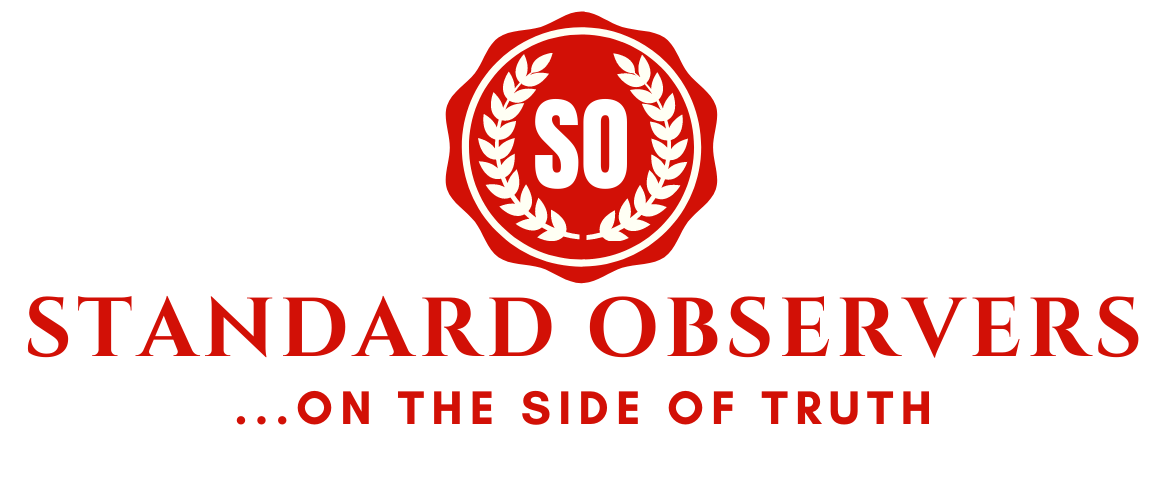The regime of President Muhammadu Buhari has taken its struggle to control internet content in Nigeria to the National Assembly.
This is as the minister of information and culture, Alhaji Lai Mohammed, urged the federal lawmakers to grant the government powers to regulate internet contents.
The minister insisted that it was the responsibility of the government to monitor broadcast content even on the Internet, Leadership reports.
This is just as stakeholders in the media industry kicked against moves aimed at empowering the National Broadcasting Commission (NBC) to regulate tariffs charged by pay-TV operators.
The stakeholders also urged the National Assembly to whittle down the powers of NBC to unilaterally sanction broadcast stations, at the same time demanded that the provision of 30-day notice before the NBC can be sued to court should be expunged from the proposed amendment to the NBC Act.
The minister, who stated the government’s position at a public hearing on a Bill to amend the National Broadcasting Act organised by the House Committee on Information, National Orientation, Ethics and Values on Wednesday, urged the lawmakers to amend the existing NBC law to include censorship of internet broadcast and all online media broadcast in the country.
While speaking on the categories of licenses to be granted by the NBC, which include Cable television services, Direct Satellite broadcast, Direct to Home, IPTV Radio, EPG and Digital Terrestrial television, radio and television stations owned, established or operated by the federal, state and local governments; broadcast signal distribution; online broadcast, community broadcasting and public service broadcasting, the minister noted that internet broadcasting and all online media should be included in the list.
“I want to add here specifically that internet broadcasting and all online media should be included in this, this is because we have the responsibility to monitor content, including Twitter,” the minister said.
Meanwhile, the Broadcasting Organisation of Nigeria (BON), International Press Centre (IPC), and other stakeholders at the public hearing all kicked against certain provisions seeking excessive powers for the NBC.
BON, in its presentation at the public hearing, urged the lawmakers to expunge a provision which stated that before NBC can be sued to any court, a 30-day notice must be issued to the commission.
Legal representative of BON, Ayo Ogundele, who canvassed the position noted that the 30-day notice expected to be issued in the proposed amendment was enough to kill business in the broadcasting industry.
Ogundele, however, suggested that, rather, the process of revoking a broadcasting license by the NBC should be subjected to legal intervention. This, according to him will protect licensees from arbitrary revocation and further ensure stability in the industry.
BON further canvassed that the penalty for a delay in the renewal of the license should only attract a fine in monetary terms and not revocation of the license.
“We submit that the 30 days caveat should be removed and the law should allow direct legal access to sue NBC in courts. Also, we’ll like to suggest that the process of revocation should be subjected to legal intervention through a judicial,” he said.
Also, the executive director of IPC, Mr Lanre Arogundade in his presentation corroborated the position canvassed by BON. He said the NBC as currently constituted operates as an institution that is an island unto itself.
“As it suits the whim and caprice of its director-general, it decides that an offense has been committed, decides on the punishment and goes ahead to apply the sanctions, which sometimes include the shutdown of broadcast stations. In other words, NBC is often the accuser, the prosecutor, and the judge in its case,” he said.
Arogundade also noted that allowing the NBC to regulate the tariff of PayTV services represents a usurpation of the functions of the Federal Competition and Consumer Protection Commission Act (FCCPC Act).
The IPC scribe explained that giving NBC the sole right over tariff issues could be interpreted as an ouster clause that arrogates to it arbitrary powers that cannot be challenged even in the court of law.
According to him, FCCPC already had adequate provisions to deal with the often contentious issue of competition and pricing in Nigeria.
“The FCCPC is indeed more technically equipped to handle the kind of matters being dabbled into here, being a specialised agency established for specific purposes; Fixing tariffs arbitrarily could lead to excessive pricing that has the potential of discouraging investment in the sector and the attendant job losses,” he said.
He, however, suggested that the NBC Act should provide for the right of appeal to the Board of NBC where sanctions applicable for alleged breach of Nigeria.
“Broadcasting Code could include hefty fines, suspension or withdrawal of license.
“The NBC should play an administrative role when it comes to the matter of alleged breach of the code and imposition of sanctions. The NBC Act should only mandate the Director General to refer such to the board,” Arogundade added.







